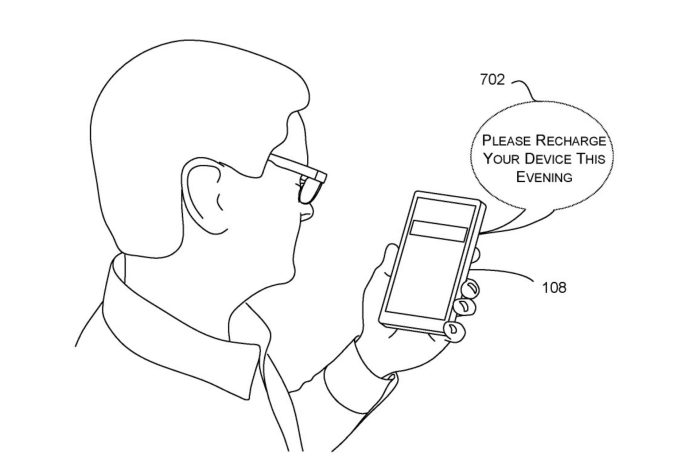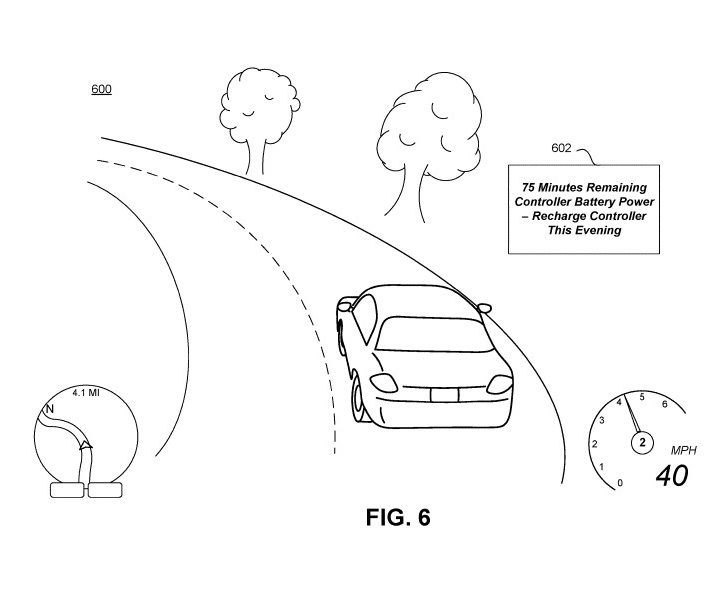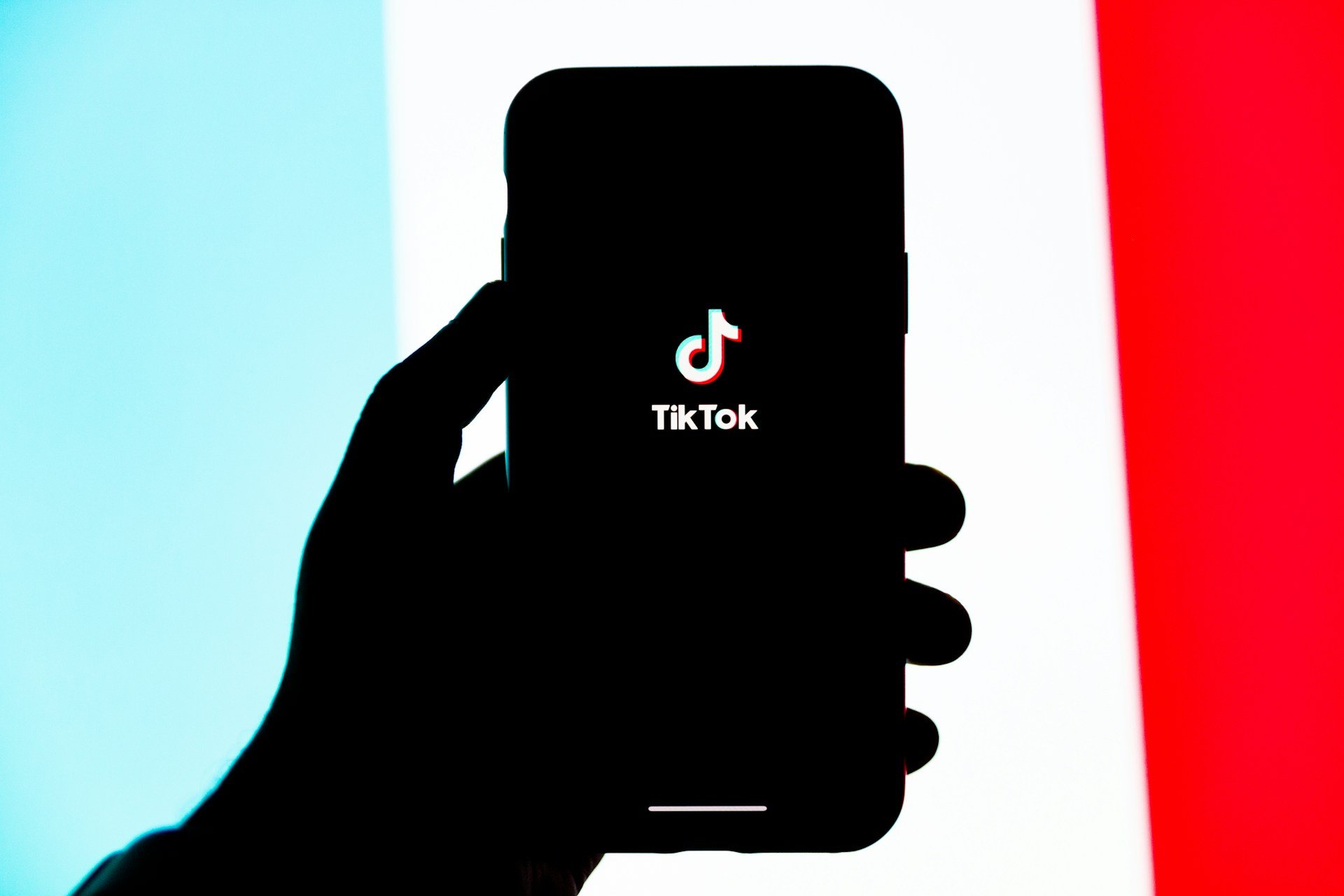Microsoft's new adaptive battery management system would notify users to charge their devices based on their usage habits
It can be virtually used for any device that relies on a battery, including electric cars.
3 min. read
Published on
Read our disclosure page to find out how can you help Windows Report sustain the editorial team Read more

Microsoft has been releasing updates on Windows devices to improve their battery life, with the latest addition being the new Energy Saver enhancements in Windows 11.
While the next version of Windows, which is reportedly AI-powered, will feature more enhancements that could potentially extend battery life by 50% on certain devices, it seems that the Redmond-based tech giant is developing new technologies to deal with the issue.
According to a patent published recently, Microsoft is working on a new adaptive battery management system that notifies users in advance to charge their devices based on how they’re using these devices.
The patent, which can be read here in its entirety, describes a technology that smartly tells you when to charge your battery-powered device. It does so by looking at the current battery level and how you’ve used the device in the past.
Using this information, it predicts when you’ll use the device next and estimates if the battery will last through that session.
If it thinks the battery might not last, it will notify you to charge the device before your next usage session. This way, you’re less likely to run out of battery when you need it.
Microsoft plans to implement the battery management system as software that can be integrated into an array of diverse operating systems, and devices, such as mobile phones, gaming consoles (Xbox), audio headsets, and Xbox controllers, as you can see in the image below, but not limited to these. The battery management system can be virtually used for any device that relies on a battery, including electric cars.
It would particularly be useful in video game usage scenarios, as the technology is also taking into consideration gaming habits regarding new releases.
In one instance, the technology seems to adapt to irregulate usage habits, recommending users to charge their devices accordingly, to not have such an impact on the battery life:
Application data may convey information about upcoming releases. Because certain users may tend to play specific types of games whenever they become released, this information can be employed by the usage session prediction model to predict the future usage session. Thus, the predicted future usage sessions could involve the use of whatever games will be available at the time of the future usage sessions.
In other instances, the battery management system is described as being highly adaptive to specific usage habits, such as delaying the charging notification until a certain checkpoint in a video game is reached, or notifying users to charge their devices if they are in a specific place – as the technology would use GPS to find out if the user is home or not.
According to Microsoft, this battery management system has further applications: drones, electric cars, AR/VR headsets, mobile phones, laptops, and so on. In the case of an electric car, for instance, the system would learn the user’s driving habits, and notify them accordingly:
If a user typically takes a road trip on the first Sunday of every month to visit family, the disclosed techniques could learn this habit and schedule a charging notification on the first Saturday of every month.
For now, this is patented technology, and Microsoft might choose not to pursue it, but given the company’s fascination with AI, it will most likely release it in the next years, one way or the other.
The full paper can be read here.









